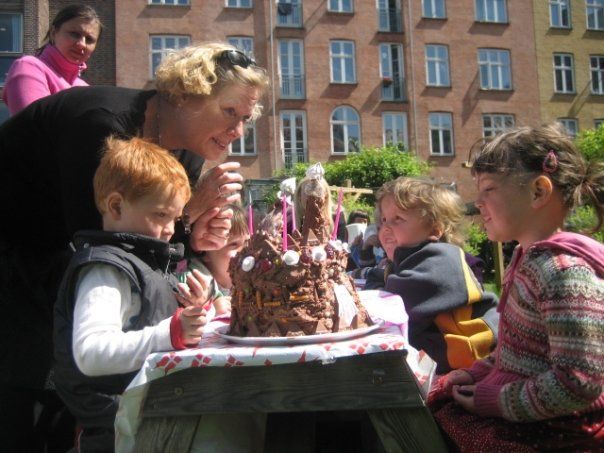A typical scenario for many new arrivals in Denmark is when their Danish partner gets an invite to a birthday party.
“It’s an invite from Pernille,” you’re told.
“Great,” you reply. “It will be brilliant to finally meet some of your friends.”
“Oh no,” she says. “This is girls only.”
Tradition tends to start in kindergarten
In Denmark, the ‘tradition’ of holding same sex birthday parties begins at kindergarten – the daycare centres for children aged 3-6 – and then continues until the end of public school and often into adulthood.
Often class sizes in public school are too big to realistically invite 25 to 30 children to a two-room flat, so parents are given two inclusive options: invite everyone, or invite all the girls/boys.
But now a kindergarten in Ribe in southwest Jutland has had enough, reports Avisen Danmark.
It’s all or nothing
The management at the kindergarten has told parents: “It’s either all children in one living room or none.”
Daycare establishments in nearby Gredstedbro and Øster Vedsted would also appear to be onboard, and a few other peculiar rules have been put in place.
No presents, fruit, sausage rolls, buns, or cake and candles are permitted. Instead, parents should use LED lights as a substitute, raise a flag and sing some songs.
Social media storm
Needless to say, many parents are outraged by the suggestions, arguing that not everyone has the space, or the money, to facilitate large birthday parties.
A huge storm has erupted on social media, where parents are complaining the kindergartens won’t even enter into a dialogue with them.
Katharina Knudsen, an area manager responsible for some of the daycare facilities in question, tolden Avisen Danmark there was a concern in the community that long-standing birthday party rules can encourage exclusion and even bullying.















